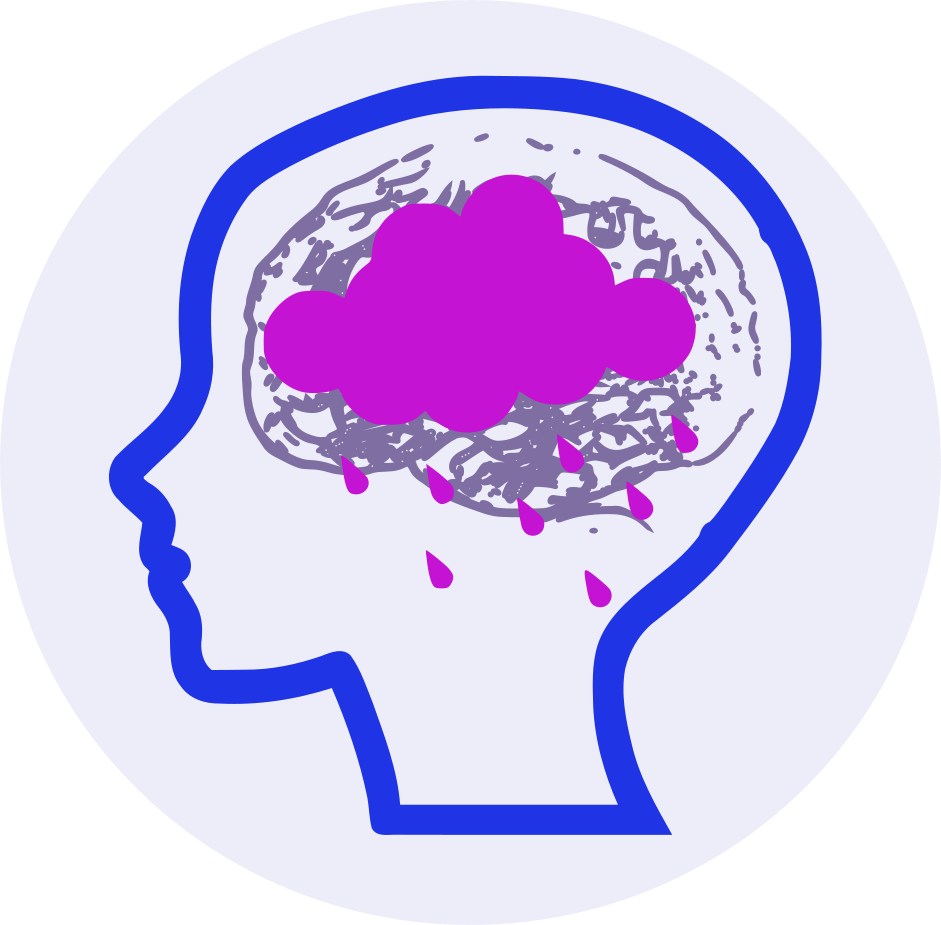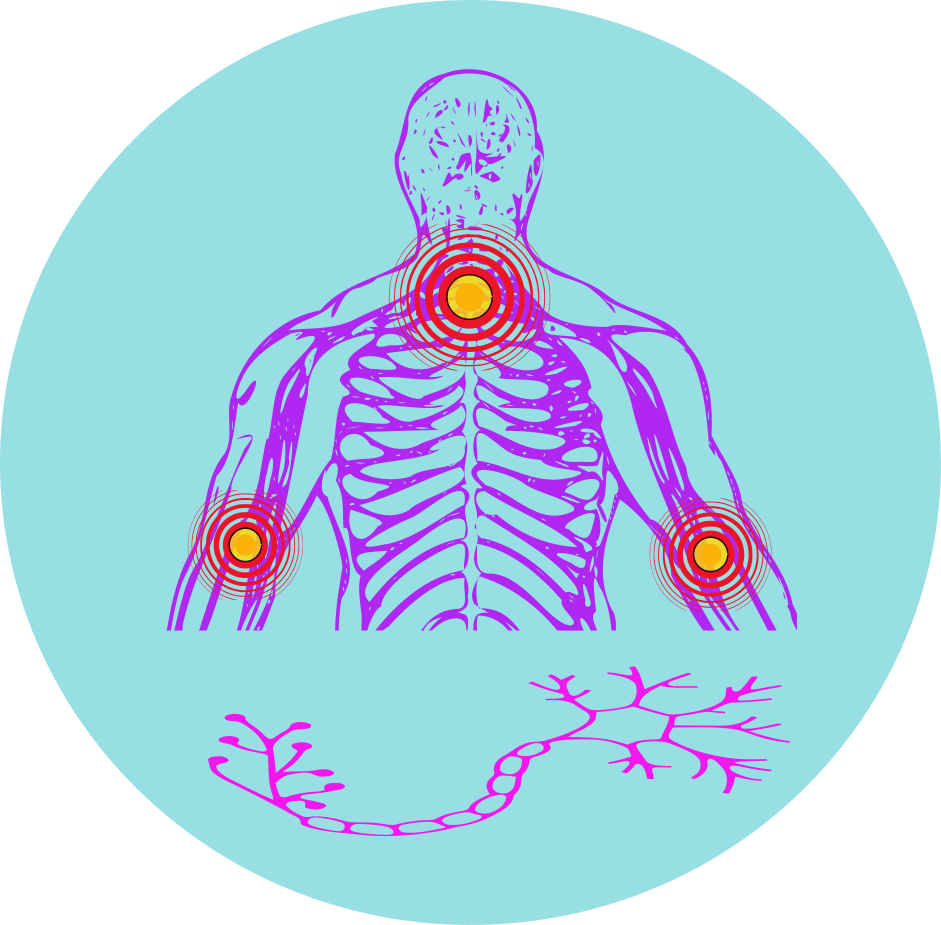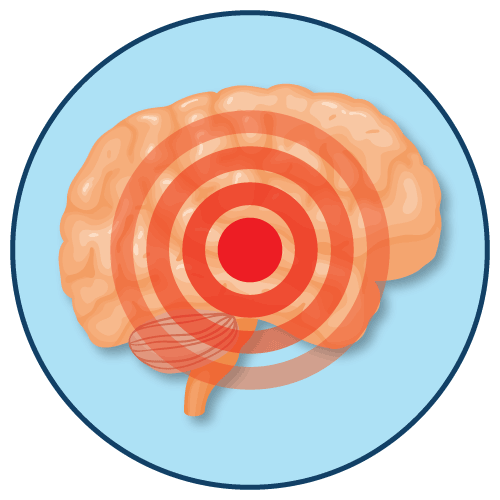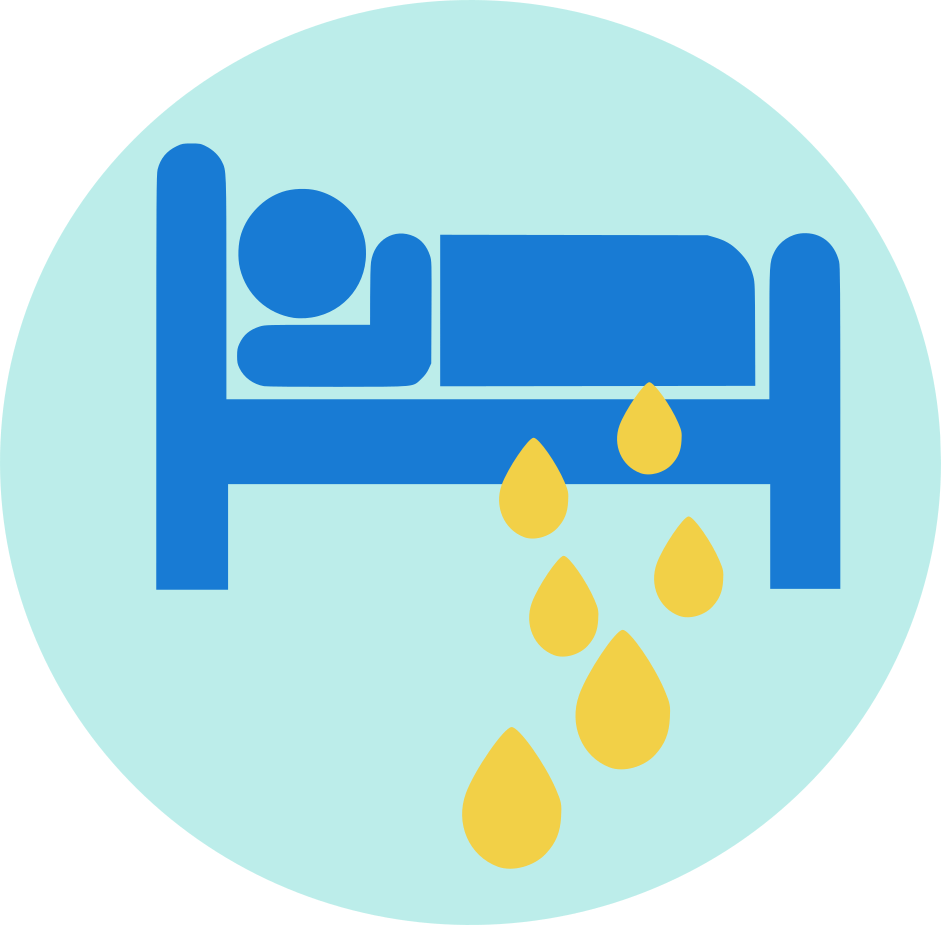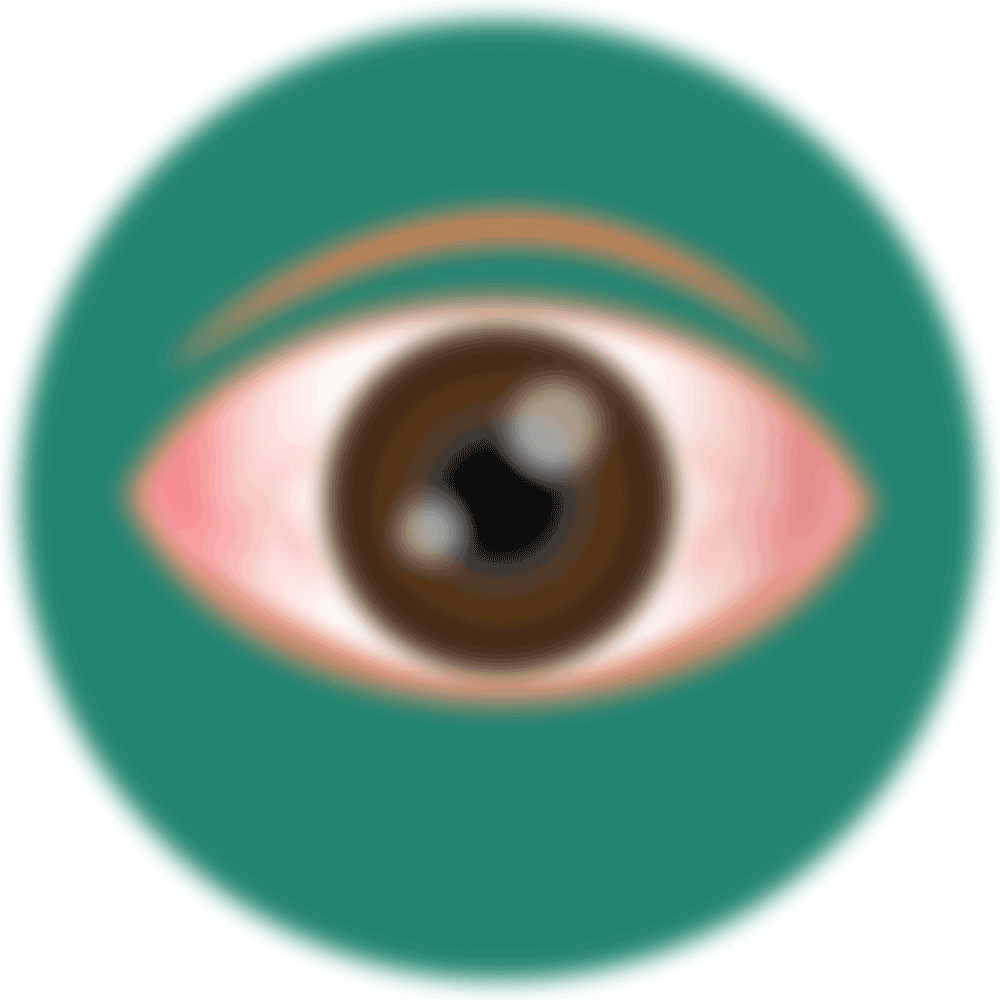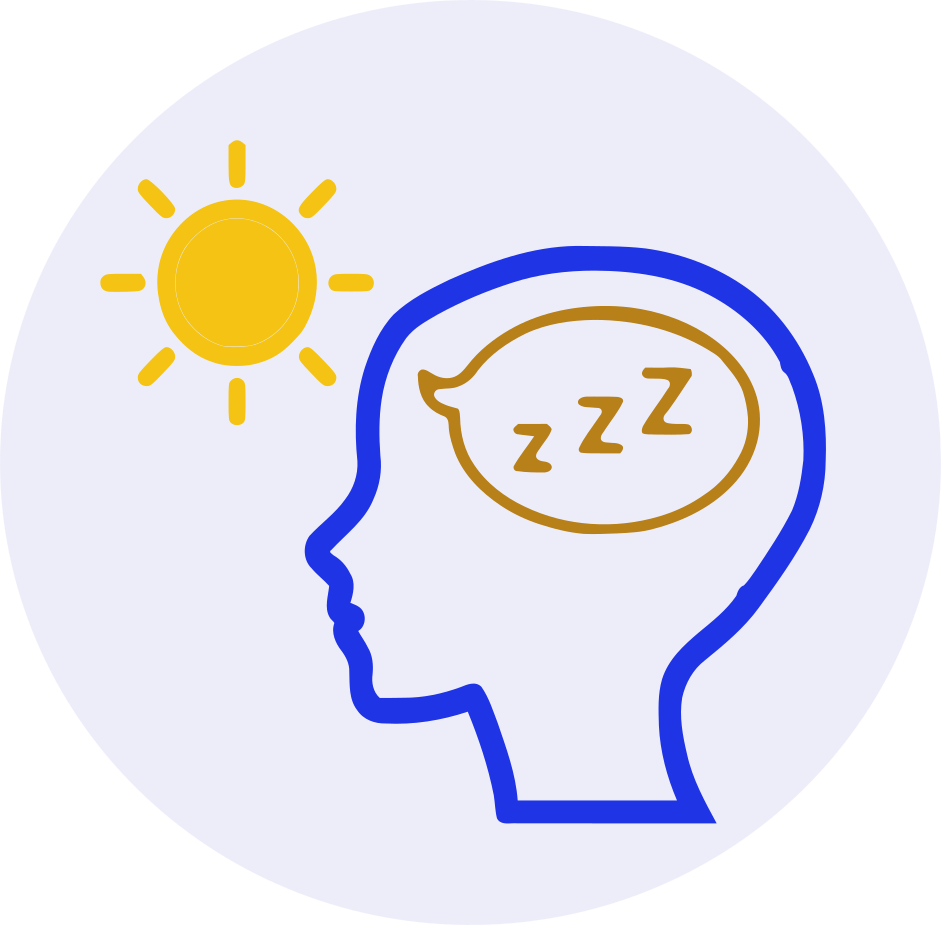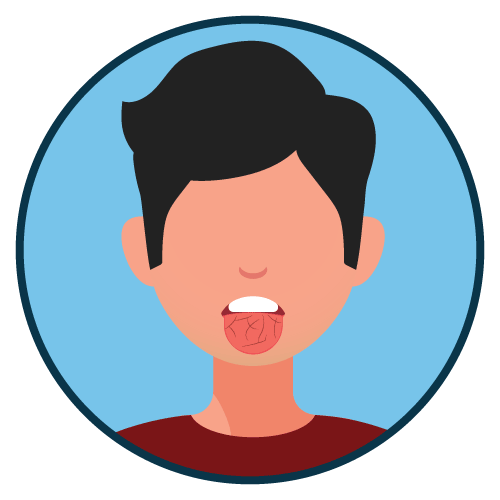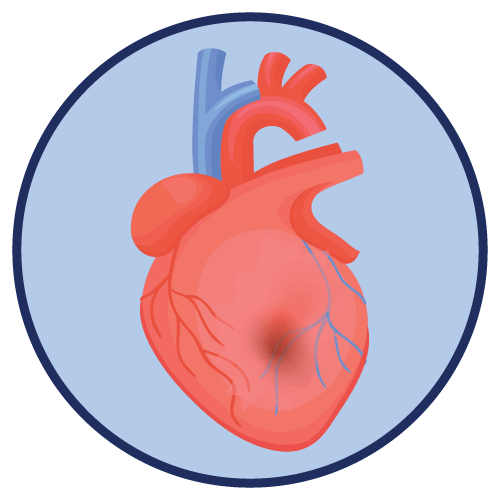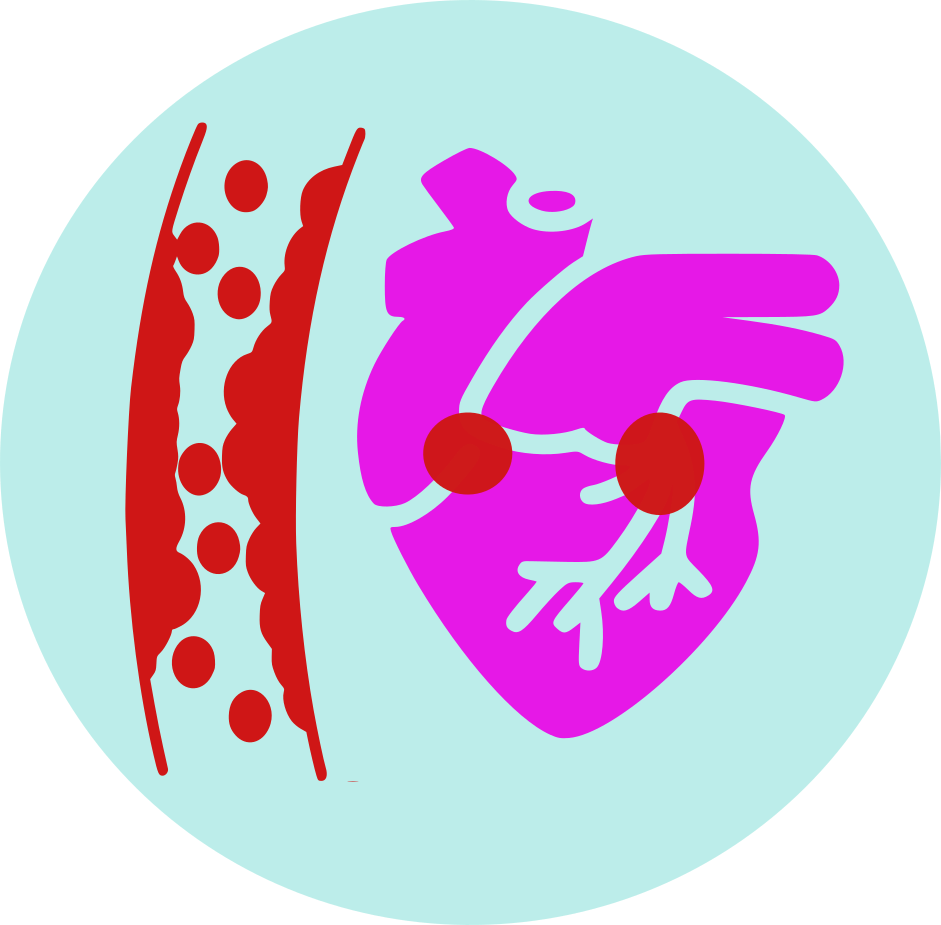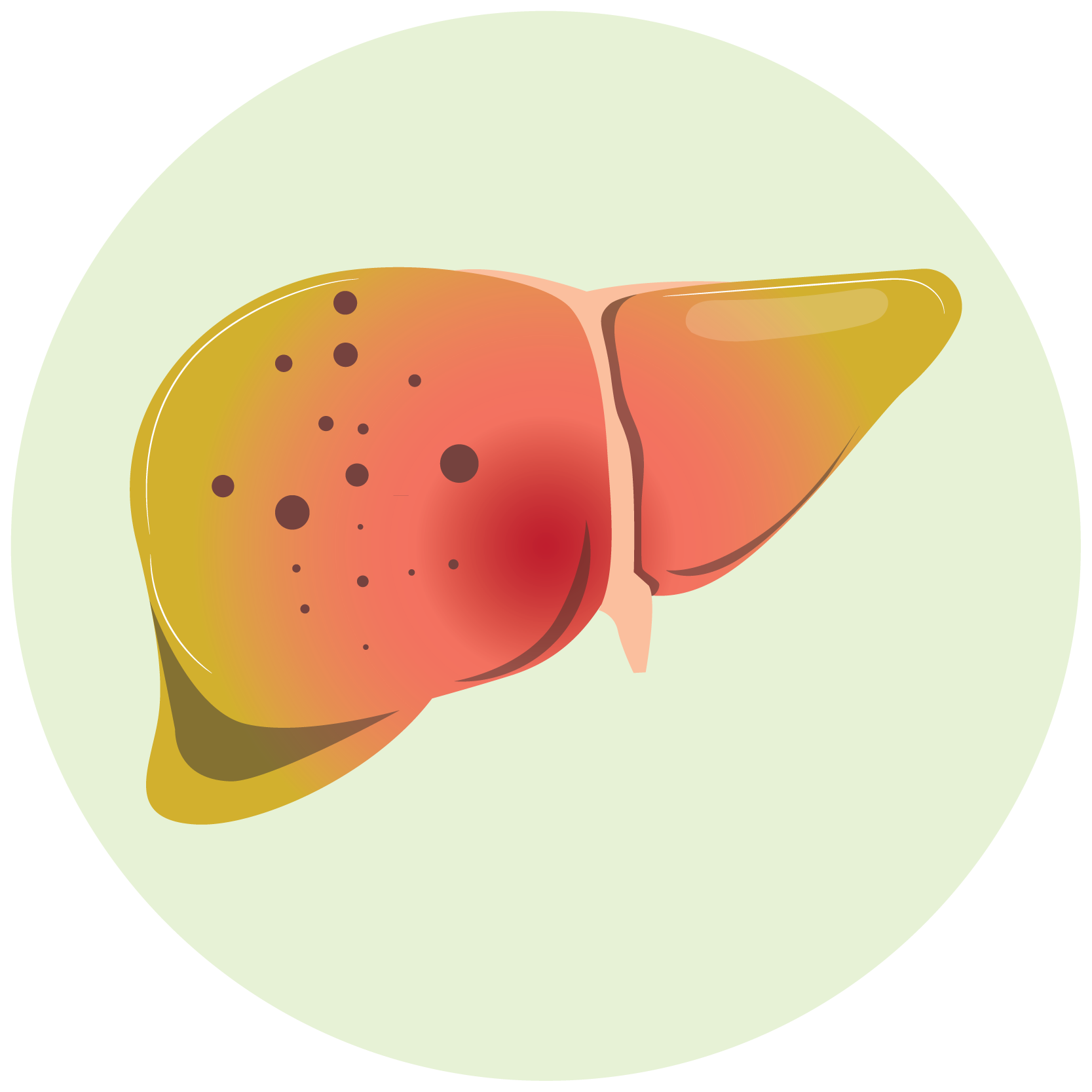| Name | Amitriptyline |
| Classes |
Central Nervous System Agent Psychotherapeutic Agent Tricyclic Antidepressant |
| Diseases |
Alcoholism Anxiety Bed Wetting Depression Excessive Emotion Headache Mental Disorder Seizure |
Amitriptyline
Amitriptyline belongs to a class of drugs called the tricyclic antidepressants. Amitriptyline blocks the reuptake of serotonin and norepinephrine in presynaptic terminals, which leads to increased concentration of these neurotransmitters in the synaptic cleft.
Amitriptyline is indicated for the treatment of the following conditions-
- major depressive disorder in adults
- neuropathic pain in adults
- chronic tension type headache (CTTH) in adults
- migraine in adults
- nocturnal enuresis in children aged 6 years and above
- Major depressive disorder
- Adults: Initially 25 mg 2 times daily (50 mg daily). If necessary, the dose can be increased by 25 mg every other day up to 150 mg daily divided into two doses. The maintenance dose is the lowest effective dose. Doses above 100 mg should be used with caution.
- Neuropathic pain, prophylactic treatment of chronic tension type headache and prophylactic treatment of migraine prophylaxis: Patients should be individually titrated to the dose that provides adequate analgesia with tolerable adverse drug reactions. Generally, the lowest effective dose should be used for the shortest duration required to treat the symptoms.
-
Adults: Recommended doses are 25 mg - 75 mg daily in the evening. Doses above 100 mg should be used with caution. The initial dose should be 10 mg - 25 mg in the evening. Doses can be increased with 10 mg - 25 mg every 3 – 7 days as tolerated. The dose can be taken once daily, or be divided into two doses. A single dose above 75 mg is not recommended. The analgesic effect is normally seen after 2 - 4 weeks of dosing.
- Elderly patients over 65 years of age and patients with cardiovascular disease: A starting dose of 10 mg - 25 mg in the evening is recommended. Doses above 75 mg should be used with caution. It is generally recommended to initiate treatment in the lower dose range as recommended for adult. The dose may be increased depending on individual patient response and tolerability.
-
- Blurred vision
- Constipation or diarrhea
- Drowsiness or dizziness
- Dry mouth
- nausea
- weight changes
- Loss of interest in sex or loss of ability to have sex (impotence)
- Sensitivity to sunlight
- Make sure your doctor knows if you are pregnant or breastfeeding, or if you have diabetes, a history of heart disease, glaucoma, epilepsy, or stomach or intestinal disease.
- For some children and teenagers, this medicine can increase thoughts of suicide. All of the warnings in this leaflet are true for a child or teenager who is using this medicine. Tell your doctor right away if you start to feel more depressed. Also tell your doctor right away if you have thoughts about hurting yourself. Report any unusual thoughts or behaviors that trouble you, especially if they are new or get worse quickly. Make sure your caregiver knows if you have trouble sleeping, get upset easily, have a big increase in energy, or start to act reckless. Also tell your doctor if you have sudden or strong feelings, such as feeling nervous, angry, restless, violent, or scared. Let your doctor know if you or anyone in your family has bipolar disorder (manic-depressive) or has tried to commit suicide.
- You may need to take this medicine for several weeks before you start to feel better.
- Do not stop using this medicine suddenly without asking your doctor. You may need to take less and less before stopping it completely.
- This medicine may make you dizzy or drowsy. Avoid driving, using machines, or doing anything else that could be dangerous if you are not alert.
- This medicine may make your skin more sensitive to sunlight. Use a sunscreen when outdoors. Avoid sunlamps and tanning beds.
Contraindication
- Contraindicated in patients hypersensitive to any component of the medication.
- Concomitant use with MAOIs is contraindicated.
-
None known.
Contraindicated in-
- Recent myocardial infarction
- Heart block
- Severe liver disease
 Bangla
Bangla English
English